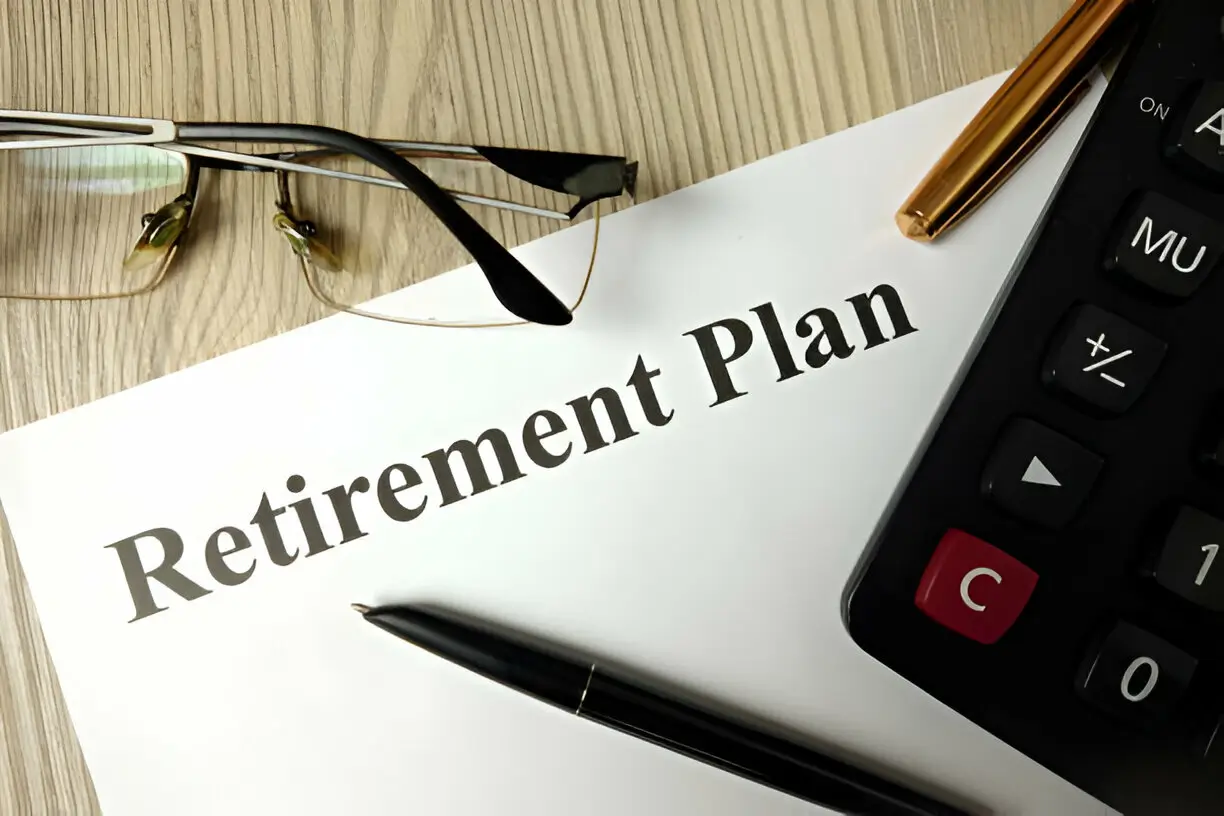Student loans can feel like a never-ending burden, but they don’t have to be. Imagine a future where your paycheck isn’t eaten up by loan payments. This guide dives into the best strategies for paying off student loans faster and smarter. Ready to take control of your finances and crush that debt? Let’s get started.
The Best Strategies for Paying Off Student Loans
Understanding Your Student Loans
Types of Student Loans
Student loans come in two main varieties: federal and private. Federal loans are offered by the government and usually have lower interest rates and more flexible repayment options. Private loans, on the other hand, are provided by banks, credit unions, and other private lenders, often with higher interest rates and less favorable terms.
Interest Rates and Terms
Understanding the interest rates and terms of your loans is crucial. Federal loans typically have fixed rates, meaning your interest rate won’t change over time. Private loans might have variable rates, which can fluctuate and potentially increase your monthly payments.
Strategies to Pay Off Student Loans Faster
Create a Budget and Stick to It
Start by creating a detailed budget to track your income and expenses. Knowing exactly where your money goes can help you identify areas where you can cut back and allocate more funds towards your student loans.
Make Extra Payments
Making extra payments can significantly reduce the principal balance of your loan, leading to less interest accruing over time. Even small additional payments can make a big difference in the long run.
Use Windfalls Wisely
Tax refunds, bonuses, and other unexpected windfalls should be used wisely. Instead of spending this money, consider putting it directly towards your student loans to reduce the balance faster.
Refinance Your Loans
Refinancing can help you secure a lower interest rate, reducing your monthly payments and the total amount you’ll pay over the life of the loan. Be sure to shop around for the best rates and terms.
Consider Income-Driven Repayment Plans
For federal loans, income-driven repayment plans can be a lifesaver. These plans adjust your monthly payment based on your income and family size, potentially lowering your payments and making them more manageable.
Real-Life Examples: Success Stories
Sarah’s Journey to Debt Freedom
Sarah graduated with $50,000 in student loan debt. By creating a strict budget, making biweekly payments, and using her tax refunds to make extra payments, she managed to pay off her loans in just five years. Sarah’s story shows that with discipline and dedication, it’s possible to eliminate student debt faster than expected.
Mike’s Refinancing Success
Mike had both federal and private student loans with high-interest rates. He refinanced his private loans, securing a lower interest rate and saving thousands of dollars over the loan term. By focusing on his highest interest loans first, Mike significantly reduced his debt burden.
Common Mistakes to Avoid
Ignoring Your Loans
Ignoring your student loans won’t make them go away. It’s crucial to stay informed about your loan status, interest rates, and repayment options to avoid falling behind and accumulating more debt.
Only Making Minimum Payments
While making minimum payments keeps you in good standing, it won’t help you pay off your loans quickly. Whenever possible, make extra payments to reduce the principal balance faster.
Tools and Resources for Managing Student Loans
Loan Repayment Calculators
Use online loan repayment calculators to see how extra payments or refinancing could impact your loan term and total interest paid. These tools can provide a clear picture of your repayment strategy’s effectiveness.
Financial Advisors
Consulting a financial advisor can help you develop a tailored repayment plan. They can provide personalized advice based on your financial situation and goals.
Conclusion
Paying off student loans doesn’t have to be a lifelong burden. By understanding your loans, creating a solid budget, making extra payments, and considering options like refinancing and income-driven repayment plans, you can take control of your debt and achieve financial freedom. With determination and smart strategies, you’ll be on your way to a debt-free future.
FAQs
What are the benefits of making extra payments on my student loans?
Making extra payments reduces the principal balance faster, which can decrease the total interest paid over the life of the loan and shorten the repayment term.
How can I find the best refinancing options for my student loans?
Shop around and compare offers from different lenders. Look for lower interest rates and better terms. Online tools and financial advisors can also help you find the best refinancing options.
Are income-driven repayment plans available for private loans?
No, income-driven repayment plans are typically only available for federal student loans. However, some private lenders may offer hardship options or flexible repayment plans.
What should I do if I can’t afford my student loan payments?
If you’re struggling to make payments, contact your loan servicer immediately. They can help you explore options like deferment, forbearance, or switching to an income-driven repayment plan.
Can I pay off my student loans early without penalties?
Yes, most federal and private student loans do not have prepayment penalties. Paying off your loans early can save you money on interest and help you become debt-free faster.






